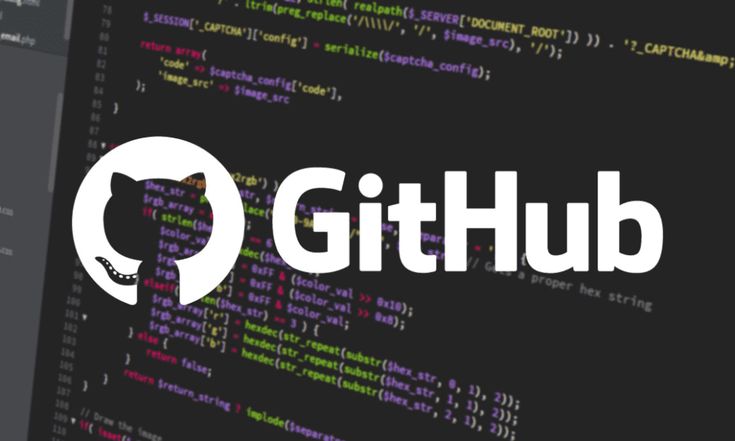The Future of Open Source: How GitHub is Changing Development

Introduction
Day in and day out, people have been actively engaged in using open source software and encouraging people to try out new possibilities. Today, GitHub is the revolutionizing interface of the developers and organizations towards open source projects. That is why this blog explores how GitHub shapes the future of open source development, encourages innovativeness, and reshapes cooperation.
The Role of GitHub in Open Source Development
Today, GitHub turns into the hub of the open-source movement of developers that initially started as a version control system. Basically, it offers strong instruments to host, work jointly on, and govern projects for developers. GitHub hosts over 100 million developers who collaborate on open source projects, making it the largest open source hosting in the world.
Key features driving GitHub’s influence include:
- Working with others and Version Control
Git used by GitHub is a version control system that helps members work on one project at the same time without diverging. Tools such as pull requests and issue tracking contribute to simplifying the collaboration of global contributors.
- GitHub Actions
Currently, the GitHub Actions allow developers to automate a bunch of tasks, run tests, and even deploy applications directly from the repositories. Described below is one of the key changes that help to cut the time required for development as well as enhance quality across projects.
- Community Engagement
GitHub facilitates engagement through the forums, project boards, as well as sponsorships. These tools help open-source maintainers to create active, positive communities around their projects.
Key Trends Shaping the Future of Open Source on GitHub
- AI Integration
AI is already here, and GitHub Copilot, the newly released code assistant, exemplifies the use of developments within the field. It increases productivity by offering code options and completing monotonous tasks, thus easing the contribution of new developers.
- Security Enhancements
Dependabot alerts and secret scanning at GitHub make open source projects safe with lots of preventive measures the platform takes to keep the platforms secure. This trend is important, especially because the usage of open-source libraries increases.
- Cloud-Native Development
Since new cloud-native solutions like the Kubernetes project have become more prevalent, GitHub has a native integration with platforms like Docker and AWS. This alignment quickens the development and deployment of processes related to open source projects.
- Democratizing Contributions
This openness and ease of use that GitHub offers to the public, especially through non-developmental interfaces, is uncontestably opening up open source. Written communications, design, and project management work are tending to become equivalent categories.
Challenges to Address
- Maintainer Burnout
This is because the number of users of open-source projects continues to rise, therefore putting great pressure on the maintainers. GitHub’s sponsorship tools try to solve this by providing funds, but what open source needs is system-level solutions.
- Inclusivity and Diversity
Recruitment of open source communities still remains difficult to address the following issues regarding diversity. GitHub can therefore promote inclusiveness through things such as scholarship programs, mentorship programs, and inclusive community policies.
- Balancing The Interest Of Commercial And Open Source Products
While companies endorse open source applications in their business, it becomes implied to strike a balance between the public and the traditional commercial point of view of open source solutions.
The Road Ahead: Innovations to Watch GitHub’s roadmap signals exciting developments for open-source enthusiasts:
- Decentralized Development: As a result of evolving developments in the sphere of distributed systems, the company might consider adopting dispersed paradigms for repository organization.
- Enhanced Collaboration Tools: Other features which include live coding sessions and advanced analytics will further improve the dimension of teamwork.
- Sustainability Initiatives: Improved the financial approach to sustain project development in order to enhance viability.
Conclusion
GitHub stands as the largest and leading platform of the open-source movement that fosters creativity, contribution, and availability of codes. Thus, the presence of GitHub will stake its claims to how the future of software development will be and continue to foster the concept of open-sourcing technologies. While using the tools that GitHub provides and cultivating good, long-lasting practices, developers can help to create an environment in which open-source will flourish and can diversify the appeal of open sources and hands-on projects.

